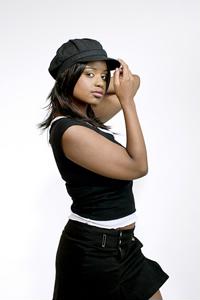
Ladies, when you're applying your African American skin care products do you ever see your husband or boyfriend eyeing that face cream with envy? Recently, the Los Angeles Times reported on a study conducted by the NPD Group, which found that men are becoming more interested in having more skin care products of their own.
"There is a huge opportunity with men for facial skincare," said Karen Grant, a senior global industry analyst with NPD, in a statement quoted by the news source. "The challenge is getting them involved and engaged."
Furthermore, the study found that African American and Latino men seem to be particularly interested in male skin care products. The news source noted that ethnic men spend $88 million a year on skin care products already.
Discovery Health recommends that all men have trimmers to get rid of unwanted hair. For example, most guys would want something to get rid of a unibrow and to give the back of their neck a touchup in between haircuts.









